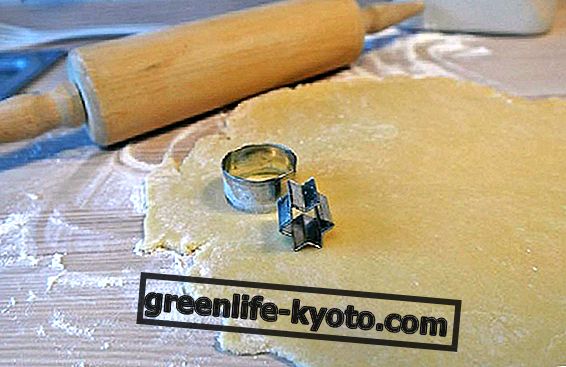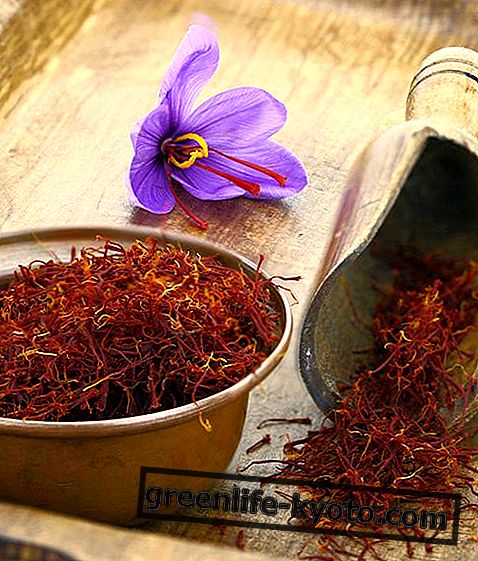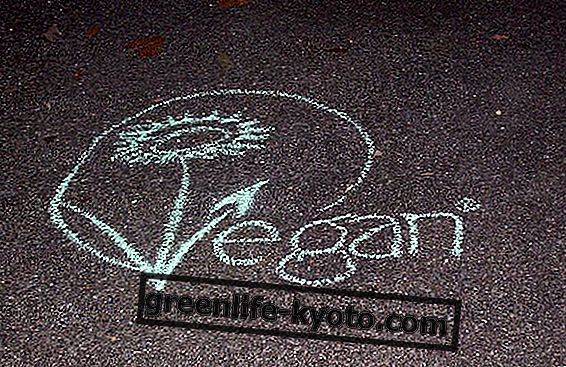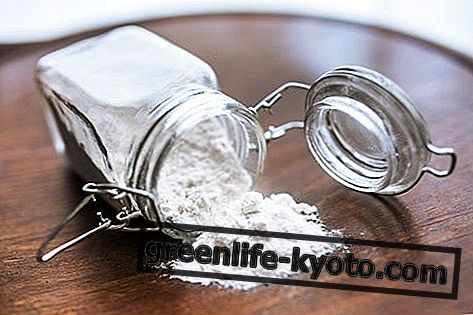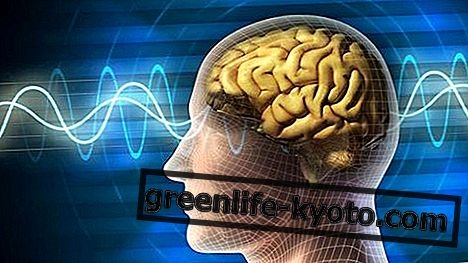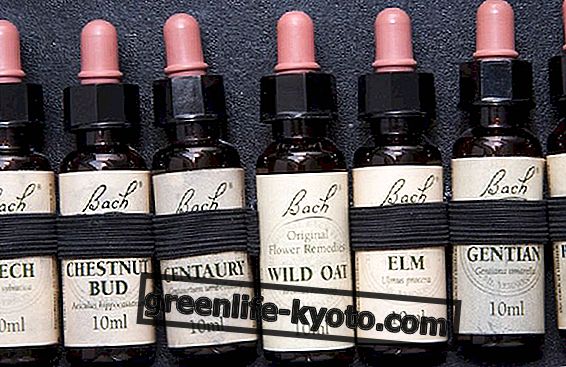
" It's easy to see, like drinking a glass of water ." How many times have we said or heard of it?
Instead it is not always easy to drink water, especially in the choice.
We are surrounded by advertisements of every kind : to drink the water of the plin-plin, to drink the water where a particle suffers from loneliness, to drink the water of the sparrows ... Are these really the only alternatives?
What if we chose the faucet ? Do you need filters ? Which? Let's try to untangle the skein. Or at least let's try.
The running waters
Many call it "water of the Mayor" or "that of the Green Dragon": it is the water that comes out of our taps at home .
He made a long journey from the clouds to the ground, collecting the compounds laid on it, and then percolating into the aquifers and from there into the aqueducts and water treatment plants .
The treatment to which it meets is complex, aimed at eliminating all the pollutants that water has found along its path; the phases of the treatment are filtration, which eliminates impurities in suspension, and purification, generally with a chlorination that kills the bacteria.
We pay, of course, but little (around 60 cents per 1000 liters!). We waste it too often. Do we drink it? Hardly ever. Why? We're not sure, maybe.
Here is a summary of the characteristics of running water we have at home:
- Immediately available
- Undergoes mandatory treatments
- It undergoes frequent checks: between 4 and 12 times a year
- At zero km, therefore ecological
- Economic (about 60 cents per 1000 liters!)
Waste of water, 6 ways to avoid it
Bottled water
They are the ones we know best, even if they are not all the same, and not just for labels and bottles of different colors.
The bottled waters are defined as “ mineral waters ” or, according to the law, “in waters which, originating from an underground stratum or deposit, come from one or more natural or perforated springs and which have particular hygienic characteristics and, possibly, favorable properties to health ”.
The properties of mineral waters depend on their source, or on the mineral salts they have encountered on their way, on the basis of which they are classified as:
- Minimally mineralized : the content of mineral salts (fixed residue) is less than 50 milligrams per liter; poor in mineral salts, they can promote diuresis;
- Oligominerali : the content of mineral salts (fixed residue) is not more than 500 milligrams per liter; they are suitable for daily consumption;
- Minerals : the fixed residue is between 500 and 1000 milligrams (1 g) per liter. They must not be drunk in excessive quantities (at most one liter a day and not every day), alternating them with mineral water. They have different health benefits depending on the type of substances they contain (calcium, sulfur, iron, magnesium, bicarbonate ...);
- Rich in mineral salts : the fixed residue is over 1500 milligrams (one gram and a half) per liter. They must be drunk only for curative purposes and on the advice of the doctor.
Here are the general characteristics of mineral waters :
- come from underground springs or aquifers,
- they are bacteriologically pure as well,
- have constant chemical composition and characteristics
- they must be bottled near the source
- they are controlled at the source and at every stage of the production cycle;
- undergo bottling, storage and transport procedures.
The filtered running waters
In the water of our tap, depending on the area, there may be traces of limestone or chlorine - always within the prescribed limits - which however do not exactly coincide with our tastes.
You can choose to drink it as it is or to filter it in different ways, eliminating excess limestone.
Here are some types of filters for running water :
- Carafes with filter : they are good for filtering small amounts of water; they have low costs and do not have the problem of installation. Some filters are slow, they tend to get clogged and have a limited duration in time;
- Tap filters : to filter water for drinking and cooking. They are easy to install and allow switching between filtered and unfiltered water and vice versa. This type of filter is not applicable to all taps and can slow down the water flow;
- Filters under the sink: they allow large amounts of water to be filtered without excessive bulk. They take up space under the sink and require piping changes.
- Kitchen countertop filters: they filter large quantities of water without modifying the pipes; it is more difficult for them to become clogged than jugs or filters on taps. They can be on the kitchen floor.
- Filters for the whole house : installation must be carried out by professionals; remove rust and chlorine and any other deposits from all the water in the house, even if not all the dangerous metals that may be present. They are long lasting.
Running waters: reverse osmosis
Reverse osmosis filters deserve a separate discussion . For their use, some piping is to be modified and a special tool must be installed under the sink: the running water will pass through a special membrane that removes particles and contaminants.
Reverse osmosis filters must be periodically disinfected, sanitized and replaced at precise intervals; they work slowly, take up a lot of space and waste 3 to 5 liters of water per filtered liter.
Some reverse osmosis purifiers add ions to the water to make it alkaline : it is called ionized water, which is also obtained using special instruments (ionizers) to be applied to the taps or to pre-existing filters.
There are various controversies about the beneficial effects of alkaline water, which we will briefly list:
- counteract the acidity of the body,
- improve bowel health,
- increase the effectiveness of antioxidants.


